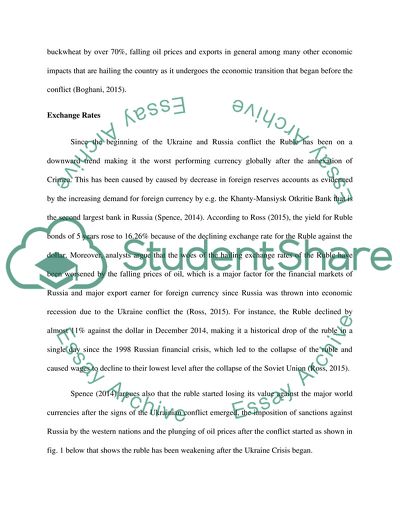Cite this document
(“How the situation in Ukraine affected the economy of Russia Essay”, n.d.)
How the situation in Ukraine affected the economy of Russia Essay. Retrieved from https://studentshare.org/macro-microeconomics/1701763-how-the-situation-in-ukraine-affected-the-economy-of-russia
How the situation in Ukraine affected the economy of Russia Essay. Retrieved from https://studentshare.org/macro-microeconomics/1701763-how-the-situation-in-ukraine-affected-the-economy-of-russia
(How the Situation in Ukraine Affected the Economy of Russia Essay)
How the Situation in Ukraine Affected the Economy of Russia Essay. https://studentshare.org/macro-microeconomics/1701763-how-the-situation-in-ukraine-affected-the-economy-of-russia.
How the Situation in Ukraine Affected the Economy of Russia Essay. https://studentshare.org/macro-microeconomics/1701763-how-the-situation-in-ukraine-affected-the-economy-of-russia.
“How the Situation in Ukraine Affected the Economy of Russia Essay”, n.d. https://studentshare.org/macro-microeconomics/1701763-how-the-situation-in-ukraine-affected-the-economy-of-russia.


